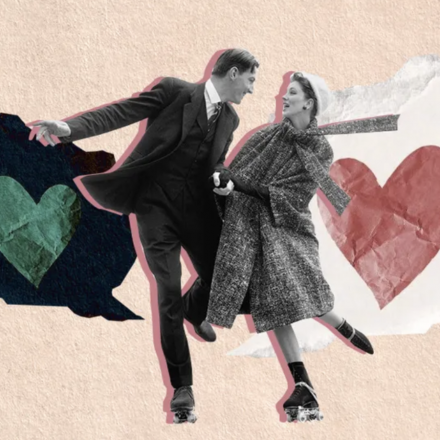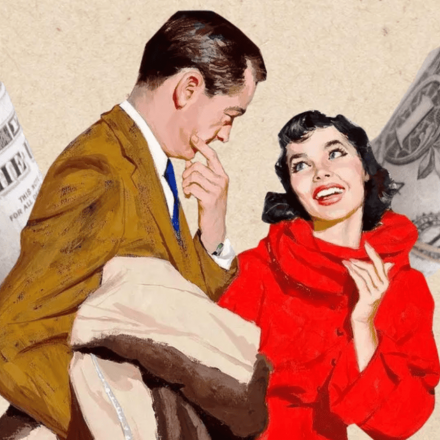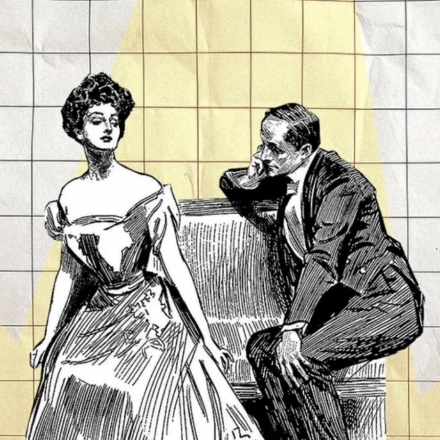Every man knows various emotions after sex: satisfaction, relaxation, sometimes even quiet contentment. But what if, after great sex, you feel a sad emotion and tears well up? This phenomenon is called postcoital dysphoria, and while it’s not something everyone experiences, it’s definitely worth discussing.
What is this condition?
Postcoital dysphoria refers to a state where, after sex—sometimes even after a really good experience—you feel down, apathetic, or even on the verge of tears. This can last anywhere from a few minutes to a few hours. If this happens regularly, it could signal deeper psychological issues.
Why does it happen?
In most cases, postcoital dysphoria is linked to psychological conflicts either within oneself or in a relationship. For example, negative beliefs around sex or pleasure can suddenly resurface after intimacy. It’s not always about the physical act, but about what’s happening mentally.
Example 1:
Imagine you were taught from a young age that orgasms are bad or inappropriate. In the moment, you may experience pleasure, but as soon as the orgasm happens, an inner conflict arises—“this is bad.” This can trigger sadness and even tears.
Example 2:
In another case, suppose someone is in a relationship where abuse is present. During sex, the physical arousal takes precedence, masking negative emotions like fear and hatred. But once sex ends, those emotions come rushing back, leading to emotional turmoil.
What should you do?
If the tears aren’t accompanied by deep feelings of sadness or loneliness, it could just be an emotional release. But if you feel apathy, loneliness, or sadness, it’s time to reflect on what’s happening.
-
Try to understand the cause of the dysphoria.
This could be linked to fear, negative beliefs, or unresolved resentment. It’s possible that what you really need—warmth, communication, and care—isn’t being fulfilled, and sex is being used as a substitute. -
Talk to your partner.
Having an open conversation about how you’re feeling can help you both understand each other better. Sharing what you’re going through may open up the path to emotional understanding and problem-solving.
And of course, if the feeling persists, it’s a good idea to speak with a sexologist or therapist to get professional help. They can help you uncover any deeper psychological blocks and guide you toward solutions.


















